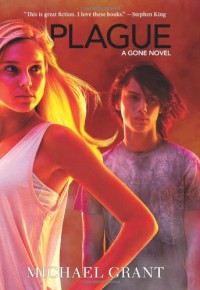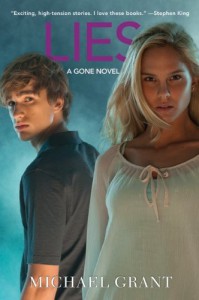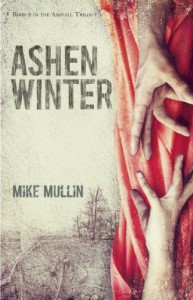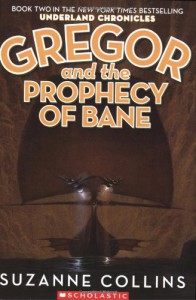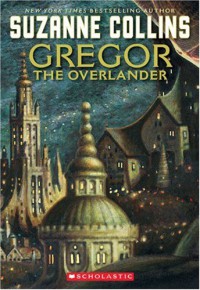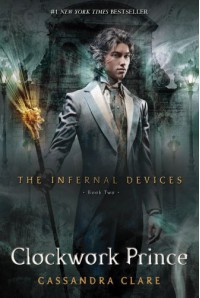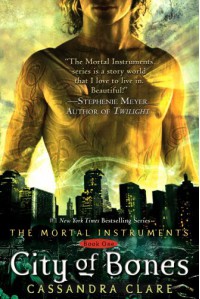
Oh, Katherine Applegate, Michael Grant, what would I do without you?
Animorphs has always been an important series to me. It was the first series I read that wasn't an I-Can-Read book, the first one where not every word was analyzed in order to develop kids' vocabulary. I'd never seen anything like it; not just the action and the originality in the premise (sorta), but also, the revolving narration! The fact that I could actually feel sympathy for girls! But as important as Animorphs was, this book was always special; other than The Sickness, it was my very favorite. Cassie was always my favorite character (because she's exactly like me in every way possible), and so I loved her books. I re-read this one recently.
To say that I cried would be an understatement.
Reading this book was an enormously emotional experience, and not just because of the nostalgia. This is the best book of the series. Period. In terms of writing, in terms of plotting, in terms of characterization, this is the closest to perfection that the series has ever managed, and it's one of my very favorite books ever.
Here's the premise: Cassie has quit the Animorphs. She's sick of the battles, sick of the pressure, sick of the killing. Then, when she sees Karen, a little girl, getting chased by a bear, she tries to help. She ends up hitting her head and passing out in a river, being carried down for miles. She's lost in the woods with Karen. Turns out, Karen is a controller, and she's been following Cassie. She knows exactly who Cassie is, and Cassie has to kill her. Only... she doesn't.
Cassie's interactions with Karen are positively mesmerizing. Up until now in the series, we've been led to believe that it's exactly as you're likely to see in pretty much every other MG novel or TV show in existence: all the yeerks are evil, they're all irredeemable, and they all need to die. But for the first time, we see that it isn't like that, that it's actually so much more complicated. This is the first time we see thatKaren's yeerk is a person too. Let me tell you, after 18 books of seeing the yeerks as evil, this was tough for me to wrap my mind around as a kid. But now, I couldn't be more grateful that Applegate decided to include it in the series. I personally think it's a horrible message to send to kids that an entire species can be pure evil; how does that bode for them when they get into a real war? How does it bode for them when they think it's good that the other side is dying in mass numbers, because they're all evil? This is the kind of attitudes that caused the Holocaust, people. But Applegrant is so much better that. The situation that the yeerks are in is completely explored, and poignantly as well; by the end of the book, we're not completely sure that the Animorphs are the good guys anymore.
This is exactly the kind of thing that kids need to read. Kids need to understand from an early age that morality isn't black and white, that there's no such thing as pure evil or pure good. Kids need to read thought-provoking things like this; that's what makes them smarter, what helps them learn how to think for themselves. How could you justify giving a book to kids that makes them think that the enemy is evil, and the enemy is always evil? That sends the message not only that pure good and evil exist, but that all evil needs to be vanquished (again, that's basically what the Holocaust was), and that the protagonist - and by extension the reader - is always good. It makes kids less likely to consider that they're wrong, and God knows, it's already hard enough. But Animorphs is the antithesis to all that; like a lot of series, it presents a complicated conflict, but unlike most, it actually explores what makes that conflict so complicated. For the first time, Cassie, (and by extension the reader) is forced to look at things through a yeerk's perspective, and once you do that, you can sort of see why they want to take over the world.
So now that I'm done with that academic essay, I'll actually talk about the book. Not only was all that moral ambiguity thought-provoking, it was also a bit touching; as I said, I found myself crying throughout several parts of the book. It helps that Cassie is such a well-developed character, complete with flaws, strengths, and personality. Aftran is, too, surprisingly enough, because I mean, villains with personality?Seriously, no kids' writers did that in the '90's. Or now. (Not that I have much familiarity with middle-grade now, because even though I'm young enough to have read a lot of it, I don't like any kids' books published after 2004, even though I was too young to read any of it when it came out. I'm a strange person, okay?) But it's also moving because of the ramifications it holds, or the ramifications it should hold, because everything we've seen here is brought up exactly once later in the series. You suddenly see a lot of pain that you didn't know was ever going on, and from the yeerks, no less. Applegrant is such a good writer(s) that the transition between villain and anti-villain for the yeerks was almost seamless, and I'm shocked by how fast I felt sympathy for them.
So basically, Katherine Applegate and Michael Grant are amazing writers. Phenomenal ones. And this entire series is phenomenal, and it doesn't deserve to die. So, go ahead; the first book should be cheap from Amazon. I promise, you won't regret it.
 1
1



